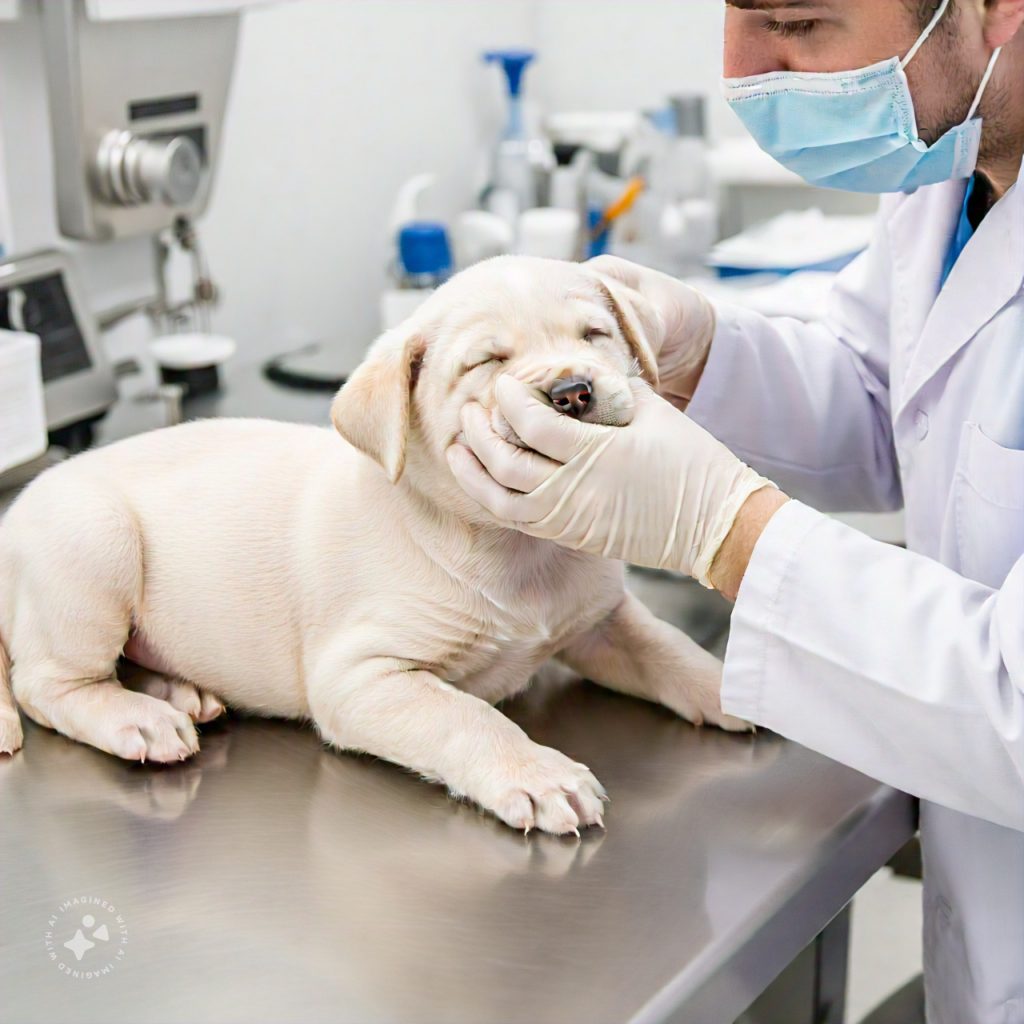1. What is Holistic Pet Health?
Holistic pet health integrates traditional veterinary care with natural therapies and lifestyle practices that promote overall well-being. Key principles include:
- Prevention Over Cure: Focusing on lifestyle choices that prevent disease.
- Whole-Body Connection: Understanding how physical, mental, and emotional health are interconnected.
- Natural Remedies: Using nutrition, herbal therapies, and alternative treatments to support health.
2. Nutrition: The Foundation of Wellness
A pet’s diet is crucial to their overall health. Holistic nutrition emphasizes natural, high-quality, and species-appropriate foods.
A. The Importance of a Balanced Diet
- Dogs and Cats: Opt for minimally processed, protein-rich diets. Consider raw, homemade, or high-quality commercial options.
- Exotic Pets: Tailor diets to species-specific needs, such as fresh greens for rabbits or live insects for reptiles.
B. Superfoods for Pets
Incorporate nutrient-dense foods to boost health:
- For Dogs: Pumpkin (digestion), blueberries (antioxidants), and turmeric (anti-inflammatory).
- For Cats: Sardines (omega-3s), chicken liver (vitamins), and bone broth (joint health).
C. Avoiding Harmful Ingredients
Stay away from fillers, artificial additives, and foods toxic to pets like chocolate, onions, and grapes.
3. Alternative Therapies in Holistic Pet Care
A. Acupuncture
- What It Is: An ancient Chinese practice using needles to stimulate energy pathways.
- Benefits: Helps with arthritis, pain management, and anxiety.
B. Chiropractic Care
- What It Is: Adjustments to align the spine and nervous system.
- Benefits: Improves mobility, reduces pain, and supports overall nervous system health.
C. Massage Therapy
- Enhances circulation and relieves muscle tension.
- Promotes relaxation and bonding with your pet.
D. Herbal Remedies
- Chamomile: Calming effects for anxious pets.
- Milk Thistle: Supports liver detoxification.
- Slippery Elm: Soothes digestive issues.
4. Mind and Emotional Well-Being
A happy pet is a healthy pet. Addressing mental and emotional wellness is vital in holistic care.
A. The Power of Positivity
Your mood and energy directly influence your pet. Maintain a calm and positive demeanor to help them feel secure.
B. Aromatherapy for Pets
Use pet-safe essential oils to create a calming environment:
- Lavender: Reduces anxiety and promotes relaxation.
- Frankincense: Supports immunity and emotional grounding.
C. Behavioral Enrichment
- Dogs: Puzzle toys, training sessions, and regular walks.
- Cats: Climbing structures, laser pointers, and interactive play.
- Other Pets: Create habitats that mimic natural environments.
5. Exercise and Physical Activity
A. Tailored Exercise Plans
Adapt activities to your pet’s age, breed, and health:
- Dogs: Long walks, fetch, or agility training.
- Cats: Short bursts of intense play.
- Small Animals: Exercise wheels or obstacle courses.
B. The Role of Outdoor Time
Spending time outdoors:
- Provides natural stimulation and exposure to fresh air.
- Strengthens the bond between you and your pet.
6. Detox and Immune Support
Holistic care includes regular detoxification and immune-boosting practices.
A. Natural Detox
- Add parsley or dandelion greens to your pet’s diet for gentle detoxification.
- Activated charcoal can help with occasional toxin exposure.
B. Strengthening Immunity
- Probiotics: Support gut health, which is linked to immunity.
- Omega-3 Fatty Acids: Reduce inflammation and enhance overall health.
7. Preventative Care: Staying Ahead of Problems
A. Regular Check-Ups
- Holistic vets combine conventional exams with alternative assessments like energy scans or muscle testing.
B. Vaccination Balance
Work with your vet to determine essential vaccines while avoiding over-vaccination.
C. Parasite Prevention
Natural repellents, like neem oil or diatomaceous earth, can help ward off fleas, ticks, and worms.
8. Manifesting Wellness: The Role of Intention and Energy
A. Visualization
Envision your pet living a vibrant, healthy life. Positive visualization can guide your actions toward manifesting this reality.
B. Affirmations
Repeat affirmations to reinforce your commitment to your pet’s health, such as:
- “I provide a balanced and loving environment for my pet.”
- “My pet is happy, healthy, and thriving.”
C. Energy Healing
Explore modalities like Reiki to balance your pet’s energy fields. Many animals respond well to these calming techniques.
9. Holistic Care for Senior Pets
Older pets benefit greatly from holistic approaches that address age-related issues:
- Joint supplements like glucosamine and chondroitin.
- Regular low-impact exercises to maintain mobility.
- Aromatherapy and massage for relaxation and pain relief.
Conclusion
Manifesting wellness for your pet through holistic approaches is a journey of mindfulness, balance, and care. By addressing their physical, emotional, and spiritual needs, you’ll not only enhance their quality of life but also strengthen the special bond you share.
Start integrating these practices today, and watch as your pet’s health and happiness flourish under your loving, intentional care. With the right mindset and holistic tools, you can manifest a life of vitality and joy for your cherished companion.

